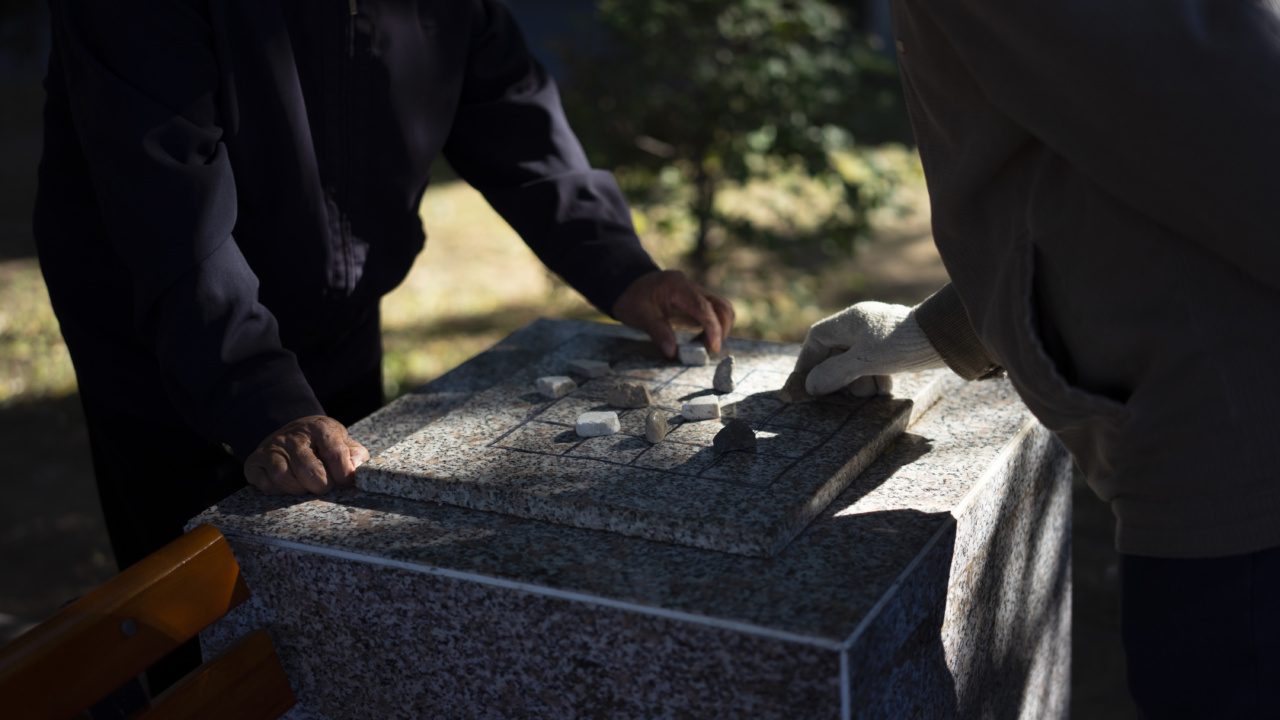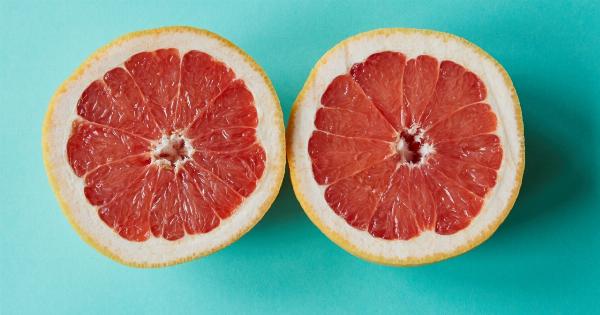Kidney stones are painful and can be a recurring problem for many individuals. These stones are formed from crystals that are present in urine, and they can vary in size from a grain of sand to larger than a golf ball.
Preventing kidney stones from recurring requires making certain changes in diet and lifestyle to reduce the risk of developing new stones. Fortunately, there are several strategies that can help individuals avoid the recurring formation of kidney stones.
Drink Adequate Water
The most effective way to prevent kidney stones is to drink enough water to ensure that urine is dilute and does not concentrate. Individuals who have had a previous kidney stone should aim to drink at least 2 to 3 liters of water daily.
If you live in an area with hot temperatures, you may need to increase your water intake to compensate for increased sweating and fluid loss.
Limit Intake of Oxalate-Rich Foods
Oxalate is a compound present in many plant-based foods, and when it binds with calcium, it can result in the formation of kidney stones.
Individuals with a history of kidney stones should aim to reduce their intake of oxalate-rich foods like spinach, rhubarb, beets, nuts, and chocolate. If you cannot eliminate these foods from your diet completely, ensure that you drink enough water to help prevent the concentration of urine.
Avoid High Protein Diets
High protein diets can lead to an increase in uric acid and calcium in the urine, which can contribute to the formation of kidney stones.
Individuals who have had a previous kidney stone should avoid high protein diets and instead opt for a balanced diet that includes fruits, vegetables, and whole grains.
Reduce Sodium Intake
Sodium intake can lead to an increase in calcium excretion in the urine, which can contribute to the formation of kidney stones. Individuals with a history of kidney stones should limit their daily intake of sodium to 2300 mg per day or less.
This can be achieved by reducing the amount of salt added to food or by choosing low-sodium options when available.
Eat Foods High in Calcium
Contrary to popular belief, consuming foods that are high in calcium can actually help prevent the formation of kidney stones.
This is because calcium binds to oxalate in the intestine, preventing it from being absorbed by the body and reducing the amount that is excreted in the urine. Individuals with a history of kidney stones should aim to consume calcium-rich foods like yogurt, cheese, sardines, and milk.
Reduce Consumption of Soda and Sugary Drinks
Soda and other sugary drinks can add to the concentration of urine and increase the risk of developing kidney stones. Individuals with a history of kidney stones should avoid or limit their use of soda and sugary drinks.
Instead, consume water, tea, and natural fruit juices without added sugars.
Increase Citrus Intake
Citrus fruits and juices like lemons, limes, and oranges contain citrate, which can help prevent the formation of kidney stones. Citrate reduces the concentration of calcium in the urine, making it more difficult for crystals to form.
Individuals with a history of kidney stones should aim to consume citrus fruits or drinks that contain citrus juice.
Monitor Medications
Some medications, including diuretics and calcium-based antacids, can increase the risk of developing kidney stones.
Individuals with a history of kidney stones should discuss their medications with their healthcare provider and ensure that they are monitoring their kidney function with regular checkups.
Exercise Regularly
Regular exercise can help increase urine output and promote kidney function. Exercise can also help individuals maintain a healthy weight, reducing the risk of developing kidney stones. Aim for at least 30 minutes of moderate exercise daily.
Avoid Dehydration
Dehydration can lead to the formation of kidney stones. Individuals with a history of kidney stones should avoid dehydration by drinking enough water to ensure that urine is dilute and not concentrated.
Avoiding excessive caffeine and alcohol consumption can also help prevent dehydration.






























